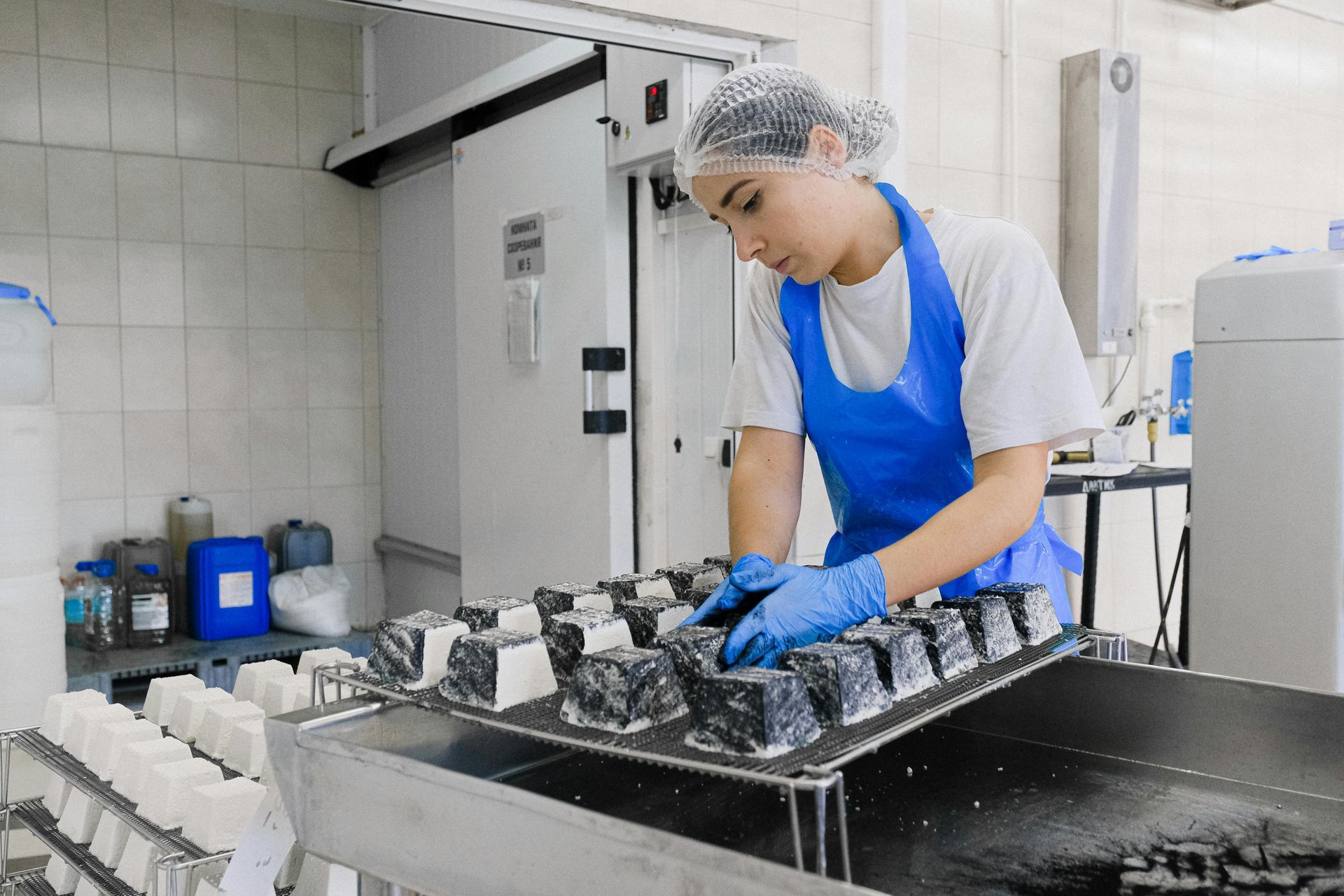Food Manufacturing Talent Gaps: Why Skilled Labour Is Harder to Find
The food manufacturing sector faces a growing challenge: finding and securing skilled workers is becoming increasingly difficult.

This talent shortage affects everything from production efficiency to innovation capacity, threatening the industry's ability to meet rising consumer demands.
The Current State of the Skills Gap
Recent industry surveys reveal that 75% of food manufacturers struggle to fill skilled positions, with technical roles remaining vacant for an average of 12 weeks longer than five years ago. These gaps particularly affect:
- Process control specialists
- Maintenance technicians
- Food safety experts
- Manufacturing engineers
- Quality assurance professionals
Root Causes of the Talent Shortage
Ageing Workforce
The industry faces a significant demographic challenge as experienced workers retire. With 30% of the current workforce expected to retire within the next decade, companies are losing decades of accumulated expertise.
Technology Evolution
Modern food manufacturing facilities increasingly rely on advanced automation, robotics and digital systems. This rapid technological evolution has created a mismatch between available skills and current needs.
Education Pipeline
Traditional education systems haven't kept pace with industry changes. Many food science and engineering programmes lack sufficient focus on modern manufacturing technologies and processes.
Industry Perception
Young professionals often view food manufacturing as less attractive than other industries, particularly compared to tech sectors. This perception challenge affects recruitment at all levels.
Impact on Operations
The skills shortage affects operations in several ways:
Productivity Challenges
- Increased downtime due to maintenance delays
- Slower implementation of new technologies
- Reduced capacity for process improvement
Innovation Constraints
- Delayed new product launches
- Limited ability to implement advanced manufacturing techniques
- Reduced competitiveness in rapidly evolving markets
Cost Implications
- Higher recruitment costs
- Increased training expenses
- Premium wages for scarce skills
- Production inefficiencies
Solutions and Strategies
Internal Development
- Structured apprenticeship programmes
- Cross-training initiatives
- Mentorship schemes
- Clear career progression paths
Education Partnerships
- Collaboration with technical schools
- Industry-sponsored training programmes
- Work-study opportunities
- Curriculum development input
Technology Integration
- Phased automation implementation
- Digital training tools and simulators
- Remote expertise platforms
- Augmented reality training systems
Attraction Strategies
- Competitive compensation packages
- Focus on work-life balance
- Professional development opportunities
- Modern workplace environments
Looking Ahead
The talent gap in food manufacturing isn't likely to close soon, but companies that take proactive steps now will be better positioned for the future. Success requires a multi-faceted approach combining immediate actions with long-term strategic planning.
How Circle Foods Can Help
As specialists in food manufacturing recruitment, Circle Foods offers targeted solutions to bridge your talent gaps:
- Specialised Talent Pipeline: Access our extensive network of pre-screened food manufacturing professionals
- Skills Assessment: Expert evaluation of your workforce needs and skill requirements
- Industry-Specific Recruitment: Focused search and selection process tailored to food manufacturing
- Retention Strategy: Guidance on creating competitive packages that attract and retain top talent
- Market Intelligence: Regular insights on salary benchmarks and industry trends
-
Contact us to discuss your talent needs
Let's work together to build the skilled workforce your business needs.
#FoodManufacturing #SkillsGap #Manufacturing #Workforce










